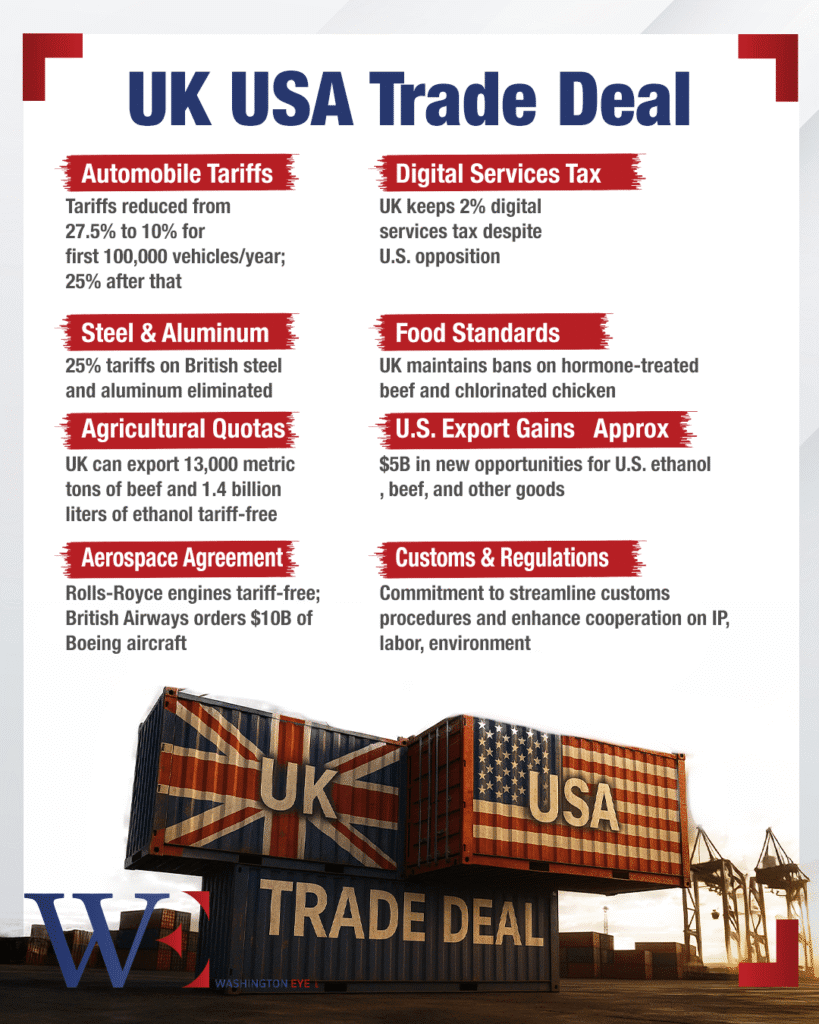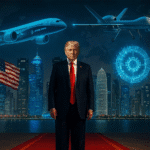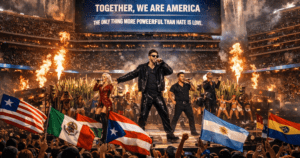In a twist no one saw coming—except perhaps in the fever dreams of international relations professors—the penguins of Heard Island and McDonald Islands have waddled into the global spotlight. They are not just standing around looking cute; these birds mean business. And their aim? To clinch a groundbreaking trade and defense deal with none other than the United States of America.
This unexpected diplomatic maneuver is making waves as many ask: could these penguins actually out-negotiate Britain? Given the recent, somewhat lukewarm trade agreement between the UK and the U.S., the penguins might just have a shot.
The British Deal: A “Historic” Agreement or Just Hot Air?
Let’s first revisit what happened earlier this month. On May 8, 2025, U.S. President Donald Trump, now in his second term, stood shoulder to shoulder with UK Prime Minister Keir Starmer in Washington D.C., announcing a “historic” trade deal.
Starmer, keen to showcase post-Brexit Britain’s relevance, hailed the pact as a triumph. But critics were less than impressed.
Here’s the deal in a nutshell:
– Automobiles: The U.S. reduced its tariffs on British cars from 27.5% to 10%—but only for the first 100,000 vehicles per year. After that, it’s business as usual with a steep 25% tariff.
– Steel & Aluminum: A bright spot—Trump scrapped the 25% tariffs on British steel and aluminum, offering a rare boost to struggling UK industries.
– Agriculture: Britain secured quota increases, allowing 13,000 metric tons of beef and 1.4 billion liters of ethanol into the U.S. market tariff-free.
– Aerospace: Rolls-Royce engines are now tariff-free in the U.S., while British Airways inked a $10 billion deal for new Boeing aircraft.
– The Fine Print: The UK held onto its digital services tax, frustrating American tech giants, and kept bans on hormone-treated beef and chlorinated chicken firmly in place.
However, many in Britain quickly labeled the deal as underwhelming. While it brought relief to specific sectors, it stopped well short of a comprehensive free-trade agreement. And let’s be honest—Britain still looked like the junior partner in the arrangement.
Penguins Plot Their Own Course
Meanwhile, far to the south—about as far south as one can get without bumping into Antarctica—the penguins of Heard Island and McDonald Islands were busy drafting their own trade and defense blueprint.
In a world-first, Chancellor Flapwell McWaddle and his Penguin Parliament have reached out to the Trump administration with a list of demands that’s equal parts practical and visionary.
And they’re not stopping there. Recognizing America’s notorious shortage of operational icebreakers—a problem expected to persist for the next decade—the penguins have cleverly opened parallel talks with Canada’s government, led by Prime Minister Mark Carney.
“Our flippers are small, but our ambitions are big,” declared McWaddle in a fiery speech delivered from a snowy bluff. “We seek trade, we seek security, and we seek survival.”
The Penguins’ Wish List
What exactly are these enterprising birds after? Their demands are refreshingly straightforward compared to Britain’s intricate balancing act:
1. Defense Pact: Chinese fishing vessels have been aggressively trawling near their waters, threatening vital fish and krill supplies. The penguins are asking the U.S. Navy to step in with patrols and surveillance missions to keep the waters safe.
2. Icebreaker Support: Knowing full well that America’s icebreaker fleet is practically obsolete, the penguins have turned to Canada. With a robust fleet of ice-capable vessels, Prime Minister Carney’s government is in a prime position to lend a helping hand—or a helping hull.
3. Trade Goods: In return for their sustainable seafood exports, the penguins want high-tech equipment to improve their ecological resilience:
– GPS navigation tools.
– Climate-resistant materials to strengthen nesting sites.
– Fish-processing machinery.
– And, in a cheeky nod to defense, “military-grade flippers”—although Penguin Parliament insiders admit that’s probably just symbolic.
4. Exports: The penguins pledge sustainable fish and krill exports, potential eco-tourism collaborations (strictly controlled to preserve their habitat), and even premium guano fertilizer—an item of surprising historical value in global agriculture.
Who’s at the Table?
Chancellor Flapwell McWaddle is leading the charge, supported by:
– Gentoo Gertie, Minister of Fisheries: A sharp-eyed custodian of the penguins’ fish stocks.
– Macaroni Max, Defense Secretary: Known for his flamboyant yellow crest and razor-sharp strategic mind.
– Rockhopper Rocco, Foreign Envoy: A master negotiator with a reputation for dramatic arrivals—usually involving a divebomb entrance from the ice cliffs.
Together, they form a cohesive and focused team, determined to secure nothing less than full-spectrum support for their fragile ecosystem.
Canada’s Role: Breaking the Ice (Literally)
With the U.S. floundering when it comes to icebreaker capabilities, Canada is stepping up to fill the gap. Prime Minister Carney—already recognized internationally for his focus on Arctic and sub-Antarctic affairs—has welcomed the penguins’ outreach.
“Canada has always prided itself on being a reliable partner in icy waters,” Carney said at a press conference in Ottawa. “We look forward to exploring ways to assist Heard Island’s penguin population, whether through icebreaker missions or scientific cooperation.”
This development not only bolsters the penguins’ negotiating position but also puts subtle pressure on the U.S. to show it’s still a serious player in polar affairs.
Can the Penguins Outdo Britain?
This is where things get really interesting. Despite the UK’s size, history, and diplomatic experience, Britain’s deal with the U.S. left many observers underwhelmed. In contrast, the penguins are arriving at the table with:
– A Clear Agenda: Their needs are urgent, specific, and easy to articulate—no labyrinthine clauses or ambiguous commitments.
– Strong Public Sympathy: Let’s face it—penguins are universally loved. Already, social media is ablaze with hashtags like #PenguinPact and #WaddleForTrade.
– A Strategic Edge: By involving Canada, the penguins have created a multi-pronged strategy that positions them as serious (albeit adorable) players in the Indo-Pacific arena.
And, crucially, President Trump—known for his flair for the dramatic—has reportedly expressed intrigue about “making a deal with the penguins.”
Trade analyst Dr. Marina Frost commented:
“Ironically, these penguins may succeed where Britain faltered. They have a clear value proposition, minimal political baggage, and massive public goodwill. Plus, who doesn’t want a photo-op with a penguin in a suit?”
A Deal to Watch
So, as the world watches, one question lingers: will Chancellor McWaddle and his flippered diplomats manage to secure a better, more comprehensive agreement than the UK? With Chinese overfishing raising alarms, Canada ready to lend icebreakers, and America potentially eager to score an easy diplomatic win, the penguins’ prospects are surprisingly bright.
As McWaddle himself put it:
“We may be flightless, but our vision soars. Let’s see if the world can keep up.”
Who knows—by this time next year, we might all be raising a toast to the world’s first penguin-brokered defense and trade pact.
*Note: This article is satirical. While Heard Island and McDonald Islands are real locations inhabited by penguins, the negotiations described here are fictional. But wouldn’t it be wonderful if they weren’t?*















